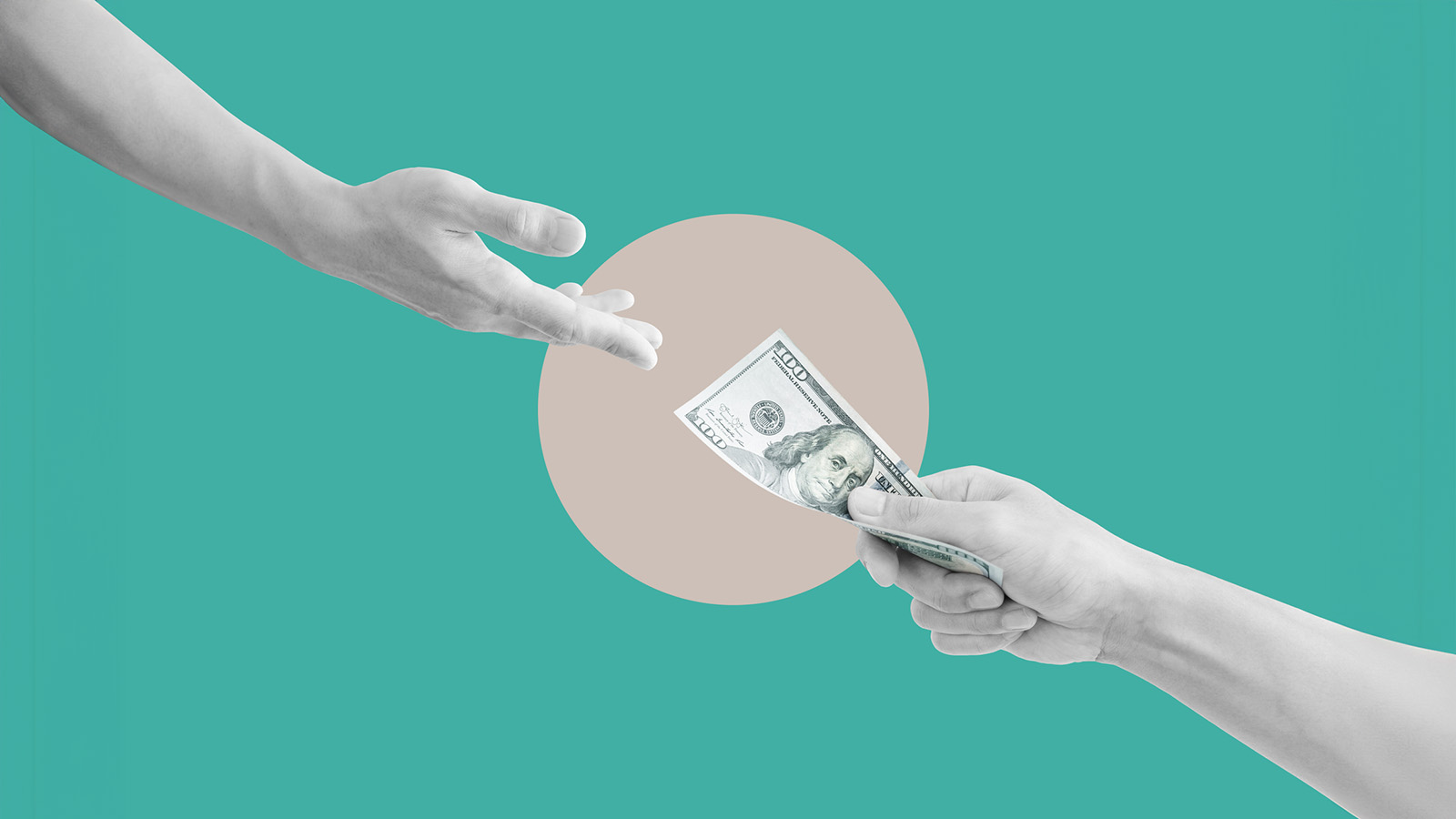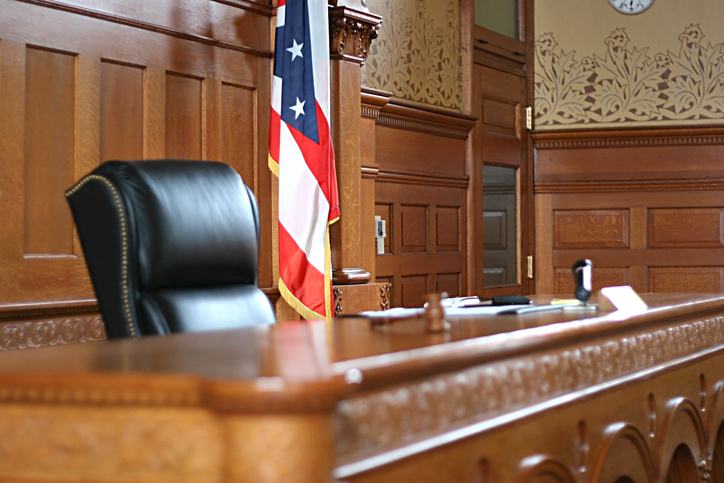Medicare Fraud Rewards: A Whistleblowing Guide
Medicare fraud rewards are available to eligible whistleblowers who report violations of the False Claims Act. Read our guide to learn about the qui tam reward provision of the False Claims act, Medicare fraud identification, legal protections, the reporting process, and more.
Updated
May 14, 2025

Medicare and Medicaid fraud are serious issues that drain valuable resources from government healthcare programs and harm the integrity of the healthcare industry. According to estimates from the National Health Care Anti-Fraud Association, taxpayers are losing more than $100 billion a year to Medicare and Medicaid fraud.
This comprehensive guide is designed to assist whistleblowers in understanding the intricacies of Medicare fraud and how they can report it while potentially receiving rewards (depending on eligibility). We will delve into various aspects of this process, from identifying types of fraud to the legal mechanisms that protect and reward whistleblowers.
What is Medicare Fraud?
Medicare fraud occurs when healthcare providers, such as pharmaceutical companies, doctors, dentists, hospitals, hospice care providers, or nursing homes, engage in fraudulent activities to claim reimbursement from government healthcare programs like Medicare, Medicaid, or Tricare.
Types of Medicare Fraud
Medicare fraud takes various forms, each with its own set of deceptive practices. Understanding these types is essential for whistleblowers to identify fraudulent activities accurately. Common forms of Medicare fraud includes:
- Risk-Adjustment Fraud – involves manipulating patient diagnoses to make them appear more severe than they are. Providers may exaggerate patients’ medical conditions to increase Medicare payments.
- Upcoding – occurs when healthcare providers bill for more expensive services or procedures than were actually provided. This inflates the cost of care and leads to higher reimbursements from Medicare.
- Kickbacks – providers may offer illegal incentives or kickbacks to induce referrals or prescriptions, which is a violation of federal law. Such practices undermine the impartiality of medical decisions.
- Off-Label Drug Marketing – pharmaceutical companies may promote the use of their drugs for unapproved purposes, potentially putting patients’ health at risk while seeking Medicare reimbursements.
- Unnecessary Procedures and Tests – billing for medically unnecessary procedures or tests, or those that were never performed, contributes to Medicare fraud by inflating healthcare costs.
- Billing for Unnecessary Equipment – providers may bill for costly medical equipment that patients do not require or never receive, leading to fraudulent reimbursements.
Those who spot such violations may be eligible for Medicare fraud rewards under the False Claims Act qui tam provision, which pays whistleblowers (also known as qui tam relators) between 15 and 25 percent of what the government collects based on their report of Medicare fraud (or Medicaid fraud).
Medicare Fraud Red Flags
Identifying Medicare fraud requires vigilance. Here are red flags for whistleblowers to watch out for when uncovering potential instances of fraud:
- Inconsistent medical records
- Frequent upcoding or changes in billing patterns
- Unexplained increases in Medicare claims
- Suspicious financial arrangements, such as kickback schemes
- Employee complaints or concerns about fraudulent practices
- Healthcare providers with a history of Medicare fraud allegations
Medicare Fraud Rewards: Use Qui Tam
The False Claims Act is a federal law that imposes civil liability on individuals and entities that defraud government programs. It allows private citizens, known as whistleblowers, to bring qui tam lawsuits on behalf of the government to recover funds lost due to fraud. To be eligible for rewards, whistleblowers must meet specific criteria, including providing original information about the fraud. Additionally, they should not have participated in the fraud themselves.
Qui tam provisions within the False Claims Act enable whistleblowers to initiate legal actions against those committing Medicare fraud. If successful, whistleblowers may be eligible for significant financial rewards. Such cases have resulted in significant financial recoveries for the government and substantial rewards for whistleblowers. Some cases have led to multimillion-dollar rewards for individuals who exposed Medicare frauds.
If the government intervenes and the case is successful, the whistleblower’s reward is usually at the lower end of the percentage range, typically around 15%. The amount of the qui tam reward can vary but typically falls between 15% and 25% of the total recovery obtained through the qui tam lawsuit.
This recovery includes damages and penalties imposed on the defendant.
Qui tam complaints are initially filed under seal, meaning they are kept confidential and not accessible to the public or the defendant. This allows the government time to investigate the allegations without the defendant’s knowledge.
However, it’s also important to note that the False Claims Act does include strong anti-retaliation provisions to protect whistleblowers from employer retaliation or harassment. Whistleblowers who experience retaliation may be eligible to receive remedies such as reinstatement, back pay, and legal fees.
Overall, qui tam rewards serve as a powerful mechanism to encourage individuals to step forward and help combat fraud against government programs while providing them with a fair share of the recovered funds as recognition for their role in exposing Medicare fraud.
Qui Tam Reward Process
Reporting Medicare fraud through the qui tam provision involves several key steps:
1. Gather Evidence
Whistleblowers should collect comprehensive evidence of the fraud. This evidence can encompass various forms, including but not limited to:
- Documents: Collect any documents related to the fraudulent activities. These may include billing records, financial statements, internal memos, contracts, or any other paperwork that reveals the fraud.
- Emails: Communication records can be critical. Gathering emails that discuss or imply fraudulent behavior can serve as strong evidence.
- Billing Records: Detailed billing records are essential, especially in cases involving healthcare fraud. These records can reveal patterns of overbilling, upcoding, or unnecessary procedures.
- Witness Statements: Statements from individuals who have firsthand knowledge of the fraudulent activities can be invaluable. This can include employees, colleagues, or anyone with inside information.
2. Consult an Attorney
It is highly advisable for whistleblowers to consult with an experienced attorney who specializes in False Claims Act cases. Legal counsel can help in the following ways:
- Case Assessment: Attorneys can evaluate the whistleblower’s evidence and assess the strength of the case. They can provide valuable insights into whether the case is viable for a qui tam lawsuit.
- Guidance: Attorneys guide whistleblowers through the entire process, from initial investigation to court proceedings. They help ensure that the case is well-prepared and presented effectively.
- Protection: Legal representation offers protection against potential retaliation from employers or parties involved in the fraud. Attorneys can take legal action to safeguard the whistleblower’s rights.
3. File a Qui Tam Lawsuit
Once the whistleblower and their attorney are ready to proceed, a qui tam lawsuit is filed under seal. This means that the lawsuit is confidential and not accessible to the public or the defendant. The sealing period allows the government time to conduct its investigation without alerting the defendant to the whistleblower’s identity.
4. Government Investigation
After the qui tam lawsuit is filed, the government initiates an investigation into the alleged fraud. This investigative process can be extensive and may take several years. During this time, the government will review the evidence provided by the whistleblower, conduct interviews, and gather additional information to build its case.
5. Government Intervention
Following the investigation, the government may make a decision whether to intervene in the qui tam case. If the government chooses to intervene, it becomes the lead plaintiff in the lawsuit. Government intervention often signifies the strength of the case and can lead to a higher likelihood of success.
6. Award Determination
If the qui tam case is successful, and the defendant is found liable for Medicare fraud, the whistleblower may be eligible to receive a monetary reward. The reward typically ranges from 15% to 25% of the total recovery obtained through the lawsuit. This recovery includes both damages and penalties imposed on the defendant, which can be substantial.
Notable Medicare Fraud Cases
Bristol Myers Squibb Co.
Multiple whistleblowers filed False Claims Act qui tam lawsuits against Bristol Myers Squibb Co. The company was alleged to have paid kickbacks to doctors to induce the submission of false claims to Medicare and Medicaid. The government recovered over $500 million, with whistleblowers receiving substantial rewards.
The Cigna Group
The Cigna Group, a company based in Connecticut, reached a settlement of $172,294,350 to address allegations of violating the False Claims Act. These allegations revolved around the submission and retention of inaccurate and false diagnosis codes for their Medicare Advantage Plan members, with the intent of inflating Medicare payments. This case highlighted deceptive practices in the healthcare industry aimed at increasing financial gains.
Health Management Associates (HMA)
In 2014, HMA, a hospital chain, agreed to pay $31 million to settle accusations of Medicare Part C fraud. The lawsuit revealed that HMA had exerted pressure on emergency department physicians to admit patients who could have received outpatient treatment, resulting in inflated Medicare payments. This case shed light on the practice of “inpatient admission inflation” within the healthcare system.
Freedom Health and Optimum Healthcare
In 2017, two Medicare Advantage insurers based in Florida, Freedom Health and Optimum Healthcare, resolved a whistleblower lawsuit for $32.5 million. The lawsuit alleged that these insurers were involved in various fraudulent activities, including the inflation of risk adjustment scores by submitting diagnosis codes unsupported by medical records. This case underscored the importance of accurate reporting and transparency in healthcare billing practices.
Dr. Farid Fata
In a highly publicized case, Dr. Farid Fata, an oncologist in Michigan, was convicted in 2014 for intentionally misdiagnosing patients with cancer and administering unnecessary treatments, including chemotherapy. Dr. Fata also overbilled Medicare Advantage plans for these unnecessary treatments as part of his fraudulent activities. This case exposed the egregious actions of a healthcare provider who exploited patients and defrauded the healthcare system.
Seeking Legal Advice
If you possess information about Medicare fraud and are concerned about protecting taxpayer dollars and the integrity of healthcare, we encourage you to take action. Your confidential intake to Kohn, Kohn, and Colapinto could be the catalyst for justice and meaningful change. Our experienced attorneys specialize in qui tam cases and are dedicated to guiding you through the process.
By stepping forward and partnering with us, you have the opportunity to not only hold wrongdoers accountable but also potentially secure a substantial qui tam reward for your invaluable contribution. Together, we can make a significant impact in the fight against Medicare fraud. Your courage and commitment matter, and we are here to support you every step of the way.
Our Firm’s Cases

Contract Fraud Exposed
Dr. Tommie Savage, a seasoned contracting officer at the Army Corps of Engineers, uncovered a web of systemic corruption within the agency's Huntsville, Alabama contracting office. Her unwavering commitment to ethical government practices led to a relentless campaign of retaliation that would test her resilience and courage.

Qui Tam Victory
Whistleblower Bryan Swanton's qui tam lawsuit led to a $625,000 settlement against Instec Inc. for falsely claiming its Chinese-made scientific instruments were manufactured in the U.S. to secure government contracts.

Lives Saved
Dr. Aaron Westrick filed a False Claims Act lawsuit against Toyoba, the manufacter of Zylon fiber, a material that degraded over time, which put thousands of lives in American police departments, federal law enforcement agencies, and the U.S. military at risk.
Relevant FAQs
Latest News & Insights
Our pro bono team has helped lead the fight to pass amendments which would strengthen the False Claims Act (FCA).





